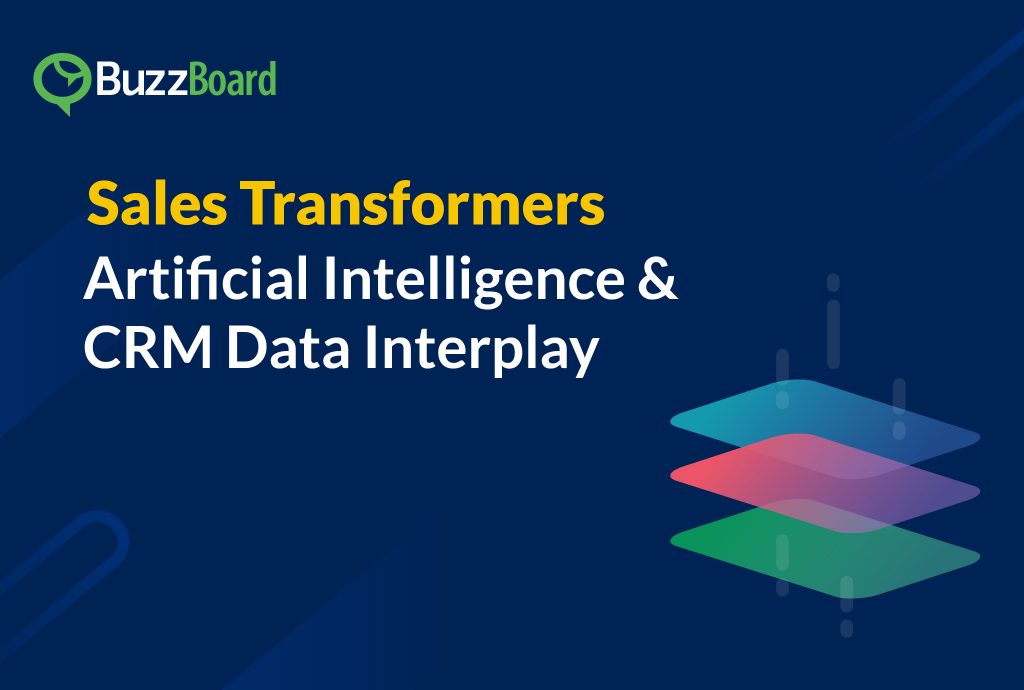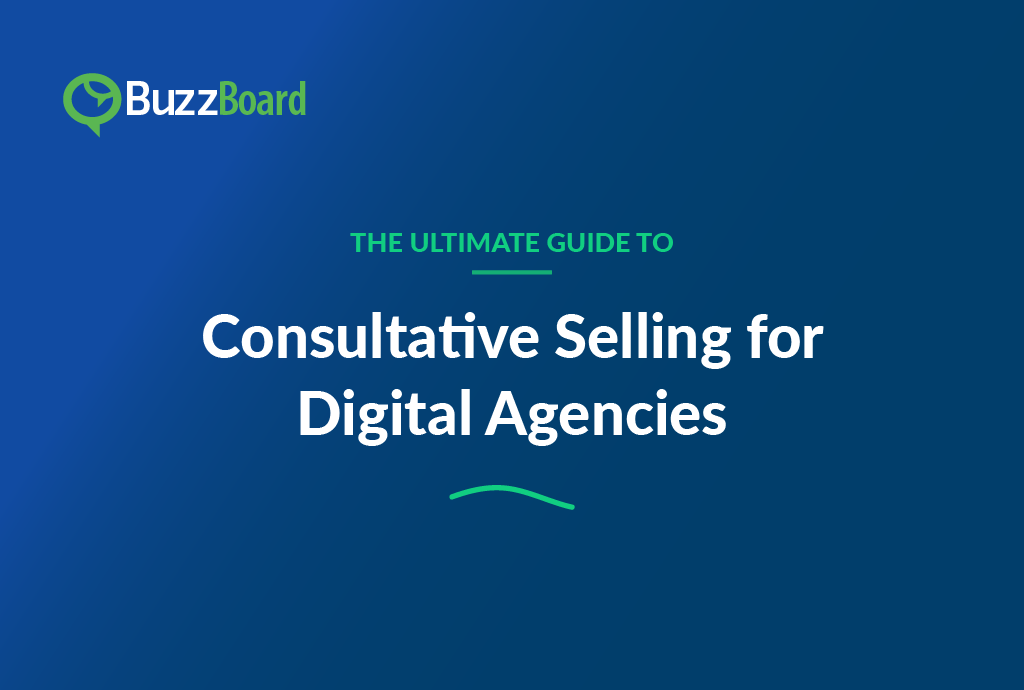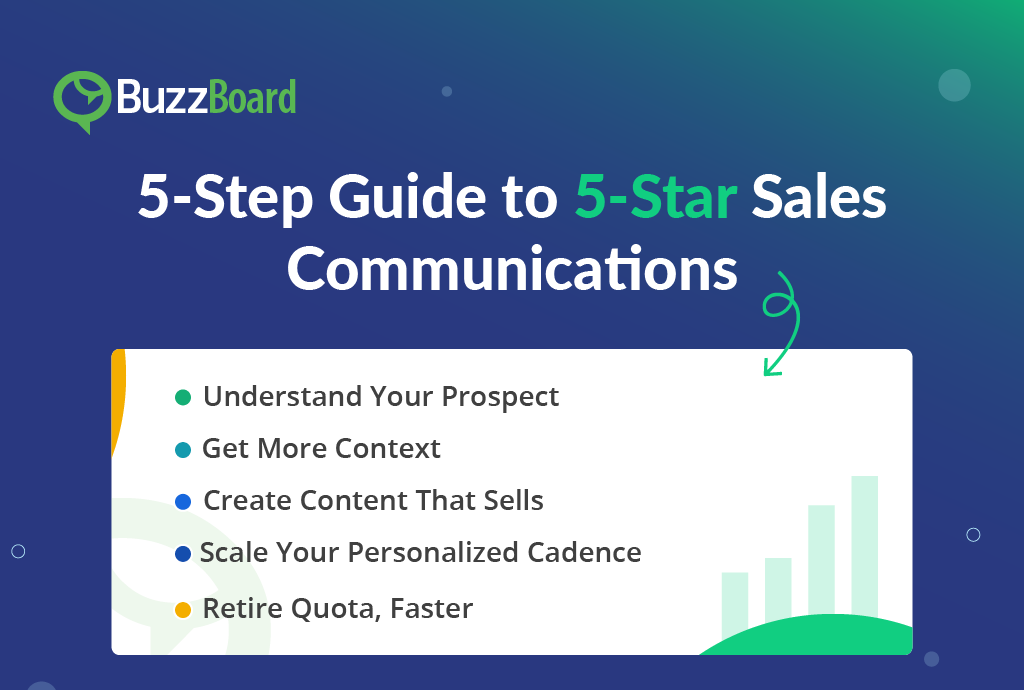The third annual edition of BuzzBoard’s The State of CRM Data report is out, surfacing trends and insights that are timely and sure to excite. From the soaring favoritism for generative AI to deficiency in data accuracy—we scooped out all sorts of data-facts, and how they are impacting businesses.
We pursued this deep-delving from the perspective of how prepared companies are, or aren’t, to leverage rich data of particular importance to their business, as reflected in their CRM, to accelerate growth. The abrupt AI-rush that’s pushing businesses towards adopting generative AI might perform sub-optimally or become counter-productive, if the DATA component is missing.
While it’s true that modern marketing and sales pros can’t miss out on the pouring boons of artificial intelligence for more effective sales and marketing motions, it is almost unachievable without accurate data points is also a reality. Our 2023 State of CRM Data research surfaces major deficiencies in the AI and CRM data interplay—take a closer look!
Clean Data in Your CRM for Generative AI
This should be your mantra if you are looking at maximizing your return from investments in generative AI for sales and marketing. Why so? Our CRM report discloses.
To begin with, a little imagination could help. Let’s think of generative AI as a three-legged stool, representing three key components that work together to enable its functionality and effectiveness. Each leg of the stool plays a crucial role in the generation of AI-driven content or artifacts, and data happens to be one of them.
In fact, data is the foundation of generative AI. High-quality and diverse datasets are required to train AI models effectively. These datasets serve as the input from which the AI system learns patterns, correlations, and other relevant information. The quality and depth of the dataset significantly impact the model’s ability to generate accurate and realistic outputs, such as hyper-personalized content to support your sales efforts
How Clean Is Your Data?
Our survey reports positive progress in overall data hygiene!
61% of our respondents revealed that they have more than half of their records matched with their respective URLs.
Matching target accounts with their website URL being the prerequisite first step in maintaining data hygiene and understanding prospects, is a strong indicator of overall data hygiene and preparedness for sophisticated large-volume GTM plays.

The 2023 study further confirms a gradual shift in mindset from bulking up on off-target contact records to a more precise and targeted ‘account-first’ approach.
This indicates a retraction of the brute-force approach, which was once quite a norm for maintaining massive databases by procuring contact data at random. And over the last few years, it has proved its frailty at adding relevance and accuracy at sales operations often at a cost of poor conversion rates and wasted resources.
‘Account-first’ Approach to Data Is Finally Having Its Moment!
When we asked our participants, what types of data do they have against their target accounts, the responses placed Account Priority Score at 40%, which witnessed a 21% adoption over the last year.

Furthermore, Intent, Need, Projected Growth increasingly featuring in the CRM of more respondents suggest that organizations are welcoming more data depth and variety in their CRM.
“An account-first approach that leads with account identification, classification, scoring, and prioritization makes better use of your resources and is more compatible with account-based marketing programs.”
—David Howard, VP of Marketing, BuzzBoard
The Struggles Involving Data Trust and Data Accuracy
Despite the positive development in data hygiene and the rising acceptance of account-fit scoring to support hyper-targeting, our survey detected a dearth of confidence in CRM data accuracy.
In fact, the rate of respondents highly confident in their data is as low as 6%!
While 58% find accurate data availability as their primary challenge, only 27% self-reported as moderately to extremely satisfied with their current data providers. The number has dropped further since last year when it was at 35%.
So, what could probably be causing this data hygiene demand-supply gap?
Is it cost or something else?
Our report unfolds 72% of the respondents do not see cost as a deterrent to maintaining quality data in their CRM. However, when 58% of them reported that it’s the availability of accurate data that’s impacting their ability to collect quality data for 100% of the records, it’s evident that despite best efforts, data vendors are falling short.

We believe such persisting data accuracy challenges will cut much deeper as pressure increases for organizations to enter the next wave of personalization using artificial intelligence.
Personalization to Hyper-personalization: Why Businesses Are Lagging Behind
As we enter the age of hyper-personalization, aided and accelerated hugely by the availability of generative AI tools, we drift away from everything conventional about go-to-market plays. From precision targeting to sales conversations, customer acquisition to customer relationships, with hyper-personalisation businesses are meant to achieve improved trust, customer satisfaction and loyalty, following an individualistic approach.
Generative AI is setting us up for a ‘No Templates’ communication model making the highest degree of personalization possible. However, with 30% of the respondents still at the ‘contact name’ level of personalization, the B2B ecosystem has a lot to catch up on. Even today, only 30% of the participating organizations are meaningfully personalizing their sales and marketing outreach.

To keep up with the pace, sales and marketing teams will turn to generative AI-based hyper-personalization to try to improve conversion rates. But they might not be all prepared for this big shift.
For 37% of our respondents, poor data fuels poor conversion rates. Others have reported inaccurate sales forecasts and reports, loss of revenue, inability to personalize, and loss of customer trust.
“AI models that train on proprietary data will provide a competitive advantage…”
—Raj Joshi, Stanford
The bottom line—data quality has a direct impact on conversion rates, and therefore revenue. It is indeed the fundamental factor in getting personalization right. And issues, such as data inaccuracy and dipping confidence in data quality are not only killing the intended experience but also causing customer repulsion.
Furthermore, this calls for and reflects in the desire to source more data depth and variety to allow for a more complete profiling of your highest priority best-fit accounts that drive deeper personalization and better business outcomes.








